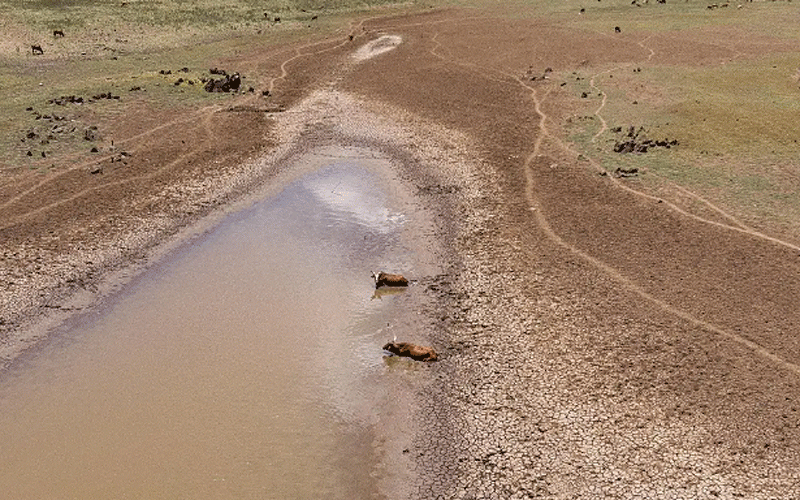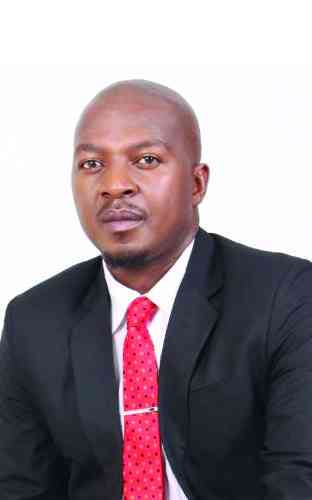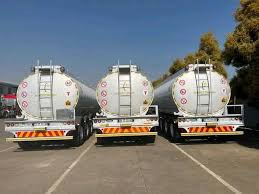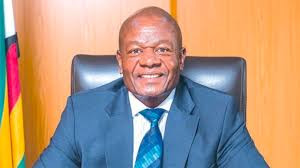
FELIX Nangatidza (56), a ward 20 councillor in Buhera, is a bitter man.
His concern and anger is over witnessing cases of human-wildlife conflict in the remote and dry rural Buhera, Manicaland province.
Situated about 180 kilometres from Harare, communities are reeling from perennial droughts, forcing them to rely on food handouts.
“Crocodiles killed five children when they tried to cross Save River and these cases evoke sad memories for communities,” said Nangatidza.
The river flows 640km from Zimbabwe into Mozambique passing through Buhera.
“Some hyenas use the deep gorges as sanctuary to keep domestic animals killed from the surrounding communities. Sadly, the same river used as a source of drinking water is also used as a dumpsite by schoolgirls who abort. They throw foetuses in the same river and it is unhealthy,” he added.
Nangatidza said that there was hope to mobilise communities with the aim of using groundwater in projects in one of Zimbabwe’s driest and poverty stricken areas.
Save River is heavily silted in the face of imminent destruction where communities and wildlife are wreaking havoc to it without remorse.
- Smuggling of gems bleeding Zim’s economy
- Building Narratives: WaMagaisa: The ink that connected the dots
- Smuggling of gems bleeding Zim’s economy
- Building Narratives: WaMagaisa: The ink that connected the dots
Keep Reading
Ward 23 councillor Enias Gomeso said everyone has a role to play in reversing such destruction and contribute meaningfully.
Chief Nyashanu, born Enias Rugare Kandenga, said traditional leaders would always welcome projects that enhanced developments that promote rights to access clean and safe water.
The policymakers and community leaders' concerns will be a thing of the past after the introduction of climate resilient projects that will prop up food security and access to water under the United Nations Educational, Scientific and Cultural Organisation (Unesco).
It is part of a four-year project in two poverty-stricken districts of Matabeleland and Manicaland provinces.
The project titled Strengthening Local Communities’ Adaptive Capacity and Resilience to Climate Change through Sustainable Groundwater Utilisation in Zimbabwe, will be implemented in Buhera’s wards 20 and 23.
Unesco is working in partnership with the government through the Lands, Agriculture, Fisheries, Water and Rural Development ministry from 2023 to 2027 on a budget of US$5 million.
If implemented, the project will result in villagers not relying on Save River water for domestic purposes thereby protecting them from marauding hyenas and polluted water.
Speaking during a community stakeholder meeting in Buhera last week, a Zimbabwe Gender Commission official Confidence Mungayi said there was a need to prevent sexual exploitation and abuse.
“Communities depend on key stakeholder and desist from exploiting them. The project unlocks potential for communities in Buhera to meet their practical and strategic gender needs thereby catalysing attainment of Sustainable Development Goal number 5 on achieving gender equality,” he said.
Manicaland provincial water supply and sanitation committee representative Robert Chawatama said collaboration and use of relevant structures during implementation and monitoring were key.
“Involvement of traditional leadership is a critical success factor for the project around Manicaland and it will add value for community food security,” he said.
A Primary and Secondary Education ministry provincial officer Tarondwa Muguduru said the project would bridge the gap on water accessibility.
“This project is coming at the right time as schools are facing challenges in coming up with viable projects because of lack of water,” he said.
There were calls for participatory approaches that are key to success.
“The project should take advantage of village savings clubs known as mikando for project sustainability,” added Muguduru.
“The project has come at the right time considering that Buhera district is one of the driest districts affected by the effects of climate change. The level of poverty is extremely high. Unesco will transform livelihoods and asset development,” he further explained.
Muguduru noted that groundwater has been underutilised for a long time.
“The project will unlock the potential development of the district. Women and girls are worst affected in rural communities which are dry under regions 4 and 5.”
Unesco project co-ordinator Muchaneta Munamati said the initiative was aimed at enhancing local communities’ adaptive capacity and resilience to climate change through sustainable groundwater abstraction for food security and other productive uses in Zimbabwe rural areas.
“Part of the project is based on inclusivity with gender as one of Unesco’s key priorities. It is also a requirement of the Adaptation Fund,” Munamati said.
She added that the project was implemented starting at national to local levels including strengthening technical, institutional and human capacity for improved and sustainable utilisation of groundwater at national and local levels; conducting comprehensive assessments of groundwater resources in two poverty-stricken and highly vulnerable sub-catchments of Lower Gwayi and Upper Save.
“There is a need to develop sample plans for improving climate resilience through sustainable groundwater utilisation.
“There are management plans that promote groundwater use while protecting (groundwater) resources,” she said.
Zimbabwe is battling effects of climate change such as the El Nino-induced drought with millions of people facing acute food and water shortages.











